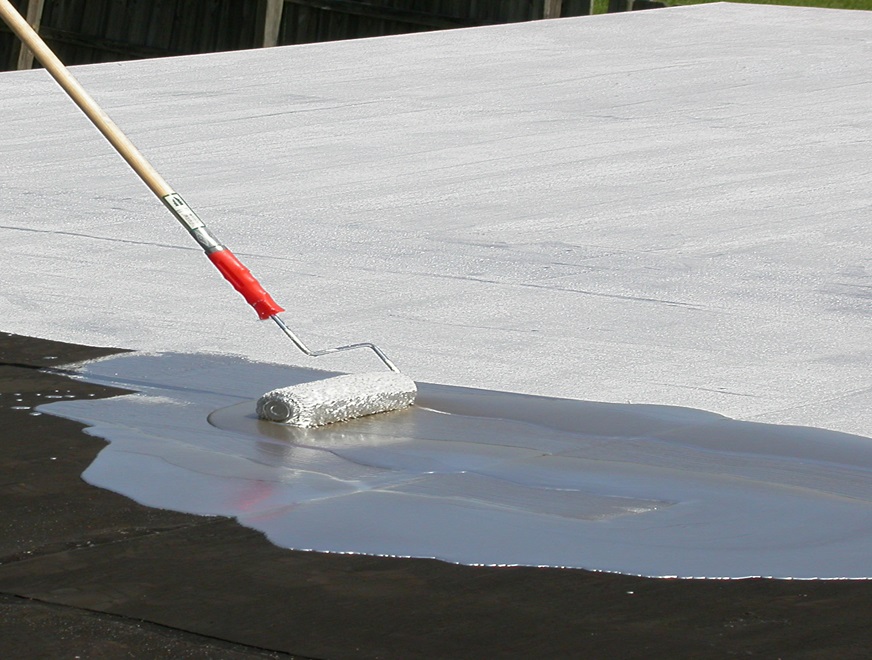Waterproofing for Leisure Vehicles: Tips and Techniques

Regarding taking pleasure in the beautiful natural world in your recreational vehicle, one of the most critical factors to think about is waterproofing. If you're parked at a scenic campground or traveling through uncertain weather, making sure your RV is sufficiently waterproofed can prevent costly repairs and unpleasant experiences. Water damage can wreak havoc on the interior and infrastructure of your camper, leading to mold, mildew, and structural problems that may take thousands to fix. Understanding how to correctly waterproof your RV can not only protect your investment but also enhance your enjoyment on the road.
In this guide, we will explore important hints and strategies for waterproofing your RV efficiently. From identifying Additional resources that your RV needs help to choosing the best waterproofing products for your particular requirements, we will give essential insights that will help you maintain a dry and protected environment within your vehicle. Whether you are a veteran RVer or just starting out, being diligent about waterproofing is crucial to preventing moisture issues and ensuring countless fun-filled journeys ahead.
The Importance of Waterproofing
The process of waterproofing is a critical aspect of preserving the safety of any camper. Just like homes need safeguards from moisture, recreational vehicles are susceptible to leakage that can lead to extensive repairs and costly renovations. Without proper waterproofing strategies, water can infiltrate into the inside of the vehicle, causing mold growth, structural damage, and affecting the livability of your RV environment. This makes waterproofing crucial for keeping your RV in top condition and prolonging its usefulness.
Ignoring waterproofing not only endangers the integrity of your RV but can also have significant financial effects. Repairing water damage can be much more expensive than the original expense in sealants and strategies. By proactively waterproofing your RV, you can avoid spending thousands in potential repairs down the line, ensuring that your investment remains protected. This protective measure allows you to make the most of your travels without the constant stress of leaks.
Furthermore, waterproofing enhances overall energy efficiency, making your RV more user-friendly and lowering heating and cooling bills. When your RV is properly sealed against damaging water, it also helps to ensure consistent indoor conditions. This leads to a more pleasant living experience whether you are camping or parked at a campsite. Effective waterproofing builds a barrier that not only protects against water damage but also improves the overall functionality and lifespan of your recreational vehicle.
Popular Waterproofing Techniques
There are various proven waterproofing techniques that can be used in various applications to safeguard structures from water damage. One of the most commonly used methods is exterior waterproofing, which entails applying a waterproof membrane on the exterior of foundations to prevent water penetration. This technique is particularly effective in regions with increased moisture levels or where intense rainfall is common. Setting up drainage systems along with this membrane guarantees that any water is channeled away from the structure, minimizing the risk of basement flooding and other moisture-related problems.
Interior waterproofing is another well-known technique that concentrates on dealing with moisture within the structures. This method requires the use of sealants and coatings that can be used to walls and floors in basements and crawl spaces. By sealing cracks and openings, interior waterproofing helps to stop water from leaking in. This is especially important in older homes where construction materials may have deteriorated over time. Additionally, adequate ventilation and humidity control systems can improve the efficiency of interior waterproofing solutions.
In conclusion, roof waterproofing is critical for protecting buildings from water damage caused by leaks. This technique often comprises the application of waterproof coatings or membranes on flat or sloped roofs. By making sure that roofs are waterproof, property owners can avert potential damage to the underlying structure. Consistent maintenance and inspections are crucial to recognize and fix any issues swiftly, guaranteeing that the waterproofing remains functional and increases the roof's lifespan.
Picking the Best Waterproofing Solutions
Choosing the correct waterproofing option is essential for efficiently guarding your recreational vehicle against moisture damage. Start by assessing the particular areas that require protection, such as the roof, walls, and flooring. Each of these areas can be vulnerable to moisture intrusion, so it's essential to select a material designed for that intended use. Investigating different types of waterproofing solutions, like coatings, sealants, and membranes, can help you discover the most suitable fit for your RV's specific needs.
Consider the climatic conditions your recreational vehicle will face. If you frequently travel to areas with heavy rainfall or snow, select strong waterproofing products that can withstand extreme weather. Additionally, consider the long-term sustainability of the solutions you are considering; certain solutions may provide short-term protection while some are designed for enduring effects. Always look for products that are straightforward to apply and maintain, ensuring you can successfully oversee waterproofing as part of your regular RV care routine.

In conclusion, do not be reluctant to consult professionals who specialize in RV waterproofing. They can offer insightful guidance into the best practices and products for your particular vehicle type. Learn here can help clarify common waterproofing fallacies and lead you to suitable solutions that will protect you money in the long run by preventing costly water damage repairs. Spending time to determine the right waterproofing solutions can provide peace of mind during your travels and safeguard your investment for many years to come.
